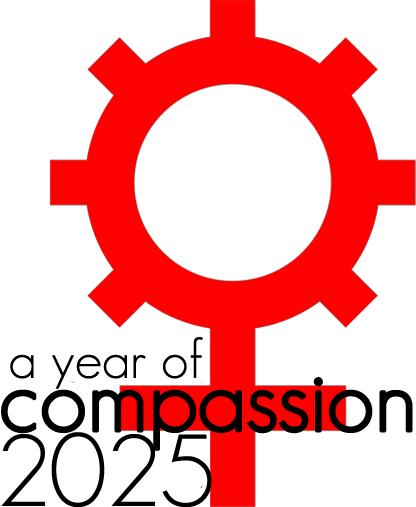Dear Diary,
All of us, at one point or another, lost hope. I wrote earlier, “Hope is the mechanism for meaning.” By losing hope, we destroyed or no longer invested in the meaning of ourselves and the situation. We devolved back into basic survival strategies. We floated through the day, finding ways to mitigate or ignore the sources of pain causing us harm. Deep down, we wanted the sources of pain to cease but we lost the will to take care of it ourselves. We endure until we run out of patience, and then we become reactive to the same sources of pain, be it anger, sadness, or self-harm. Patience without action is suffering, but we lose the ability to stop suffering.
Why is it we fail to take immediate and decisive action? The hope for a positive outcome was lost; we fell flat while reaching up for beneficial change because we didn’t believe we could succeed. Failure begins to compound on itself until we no longer trust our ability to accomplish our goals. We focus almost exclusively on our failures and lose our sense of self-worth. Combined with more self-doubt than self-trust, our lack of worth becomes our stuck point. We convince ourselves that a better tomorrow is impossible and succeed in fulfilling our prophecy.
The question becomes: “how can I trust myself again?” After all, trust once lost is difficult to re-obtain. Trust is like a brand or reputation; we invest in them from a pattern of results. When what we see is a pattern of pain and failure, we typically choose not to invest in it, even if we’re looking inwardly. Change is often uncomfortable. We tread into something new, not knowing how the result will play out. However, change is the only path forward when the status quo is a lack of self-trust, a lack of self-worth, and a loss of hope.
To start the change process, be ok with what you can’t do because there is a lot you can do. Re-frame your goals into smaller, more manageable chunks to start to build back a pattern of success. All big things are comprised of smaller things, and by accomplishing little things, we take steps forward along our grand journey. It isn’t uncommon to fail to grasp one’s progress until we stop to look at where we are compared to where we were. However, gaining such a perspective requires us to stop, rest, and reflect.
When we spend the bulk of our energy trying to protect ourselves from the sources of pain, we become exhausted over time. The truth is that it doesn’t matter how much time we have if we don’t have the energy to do anything. Exhaustion robs us of our ability to think more clearly and to be proactive meaningfully. We have to learn to rest, even though it may feel counter-intuitive. What we see is all the work left to be done and feel pressured to keep trying. However, we will continue to fail as we don’t have the energy, the strength, to succeed. We used our well of patience and are now overstimulated. We must rest to move forward.
Rest does not automatically imply doing nothing. It is ok to put more space between tasks, akin to how space between cars allows for smooth traffic. When we have insufficient room between jobs, we become overwhelmed and make more mistakes. The space and speed of how we go about life will vary from person to person but find a pace that is sustainable for you. The periods in between are for rest. We commonly think about rest as physical relaxation, which is important, but mental and emotional rest are just as critical. If our heart isn’t invested in the task at hand, it doesn’t matter how good our body feels. Over time we changed society to where we have something in our face stimulating us constantly – emails, cell phone notifications, etc. This pace of bouncing from one source of stimulation to the next never gives us time to breathe, heal, daydream, and enjoy being present in the moment. Managing our rest gives us the time and space to live in the now.
By successfully managing our rest and our pace of work, we give ourselves the tools to make a better pattern. Healing is not linear, so when we encounter setbacks, we must resist the temptation to give up again. Over time, our positive practice will begin to replenish the self-trust we lost along the way. With a measure of self-trust, we can start to create larger goals or take some risks. With smaller, more incremental, successes our trust in ourselves pays off in the form of self-worth. With self-worth, we have a source of strength from which to draw to tackle the sources of pain. We begin to hope for beneficial change; we give ourselves a new sense of purpose and meaning. Hope carries us through the setbacks until we find resolution with the sources of pain. Patience has a limit, so don’t give on yourself, be defiantly hopeful. Stop suffering by investing in yourself through action. You are worth it.
1 Dec 2021 | Monk Anchorwind
